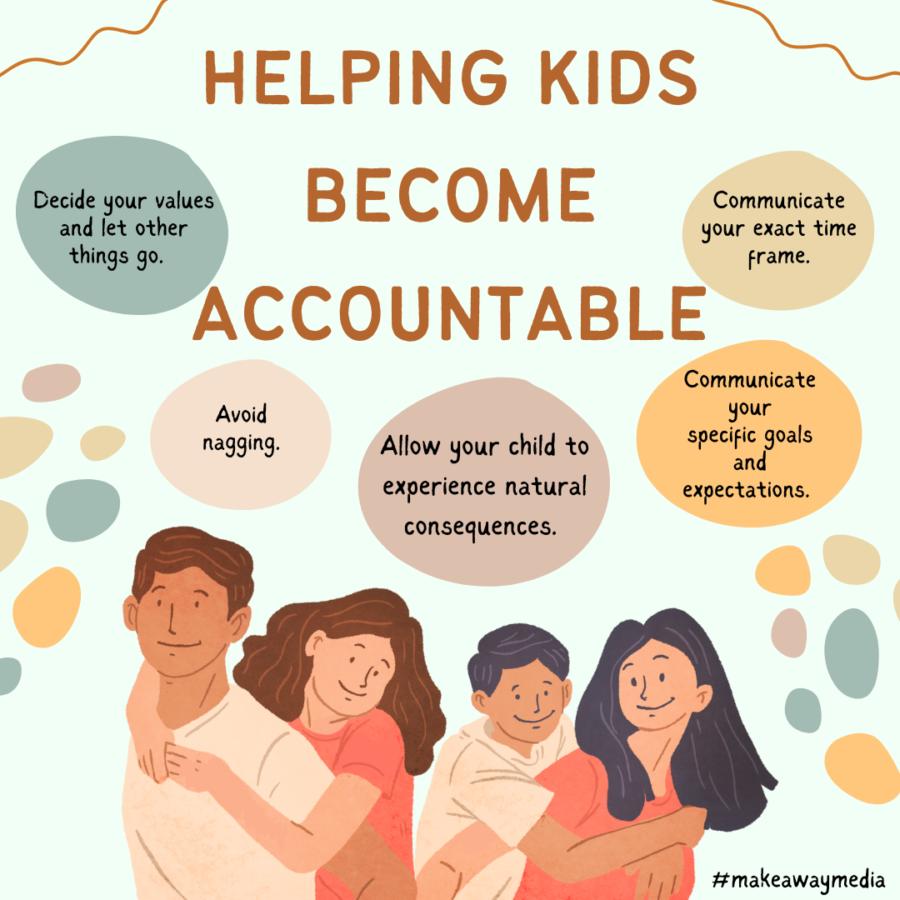Parents often complain that they have to tell their children the same thing over and over and over and, of course, over again. Although, children do need repetition to be able to learn new things, that doesn’t mean you have to constantly nag them to get things done. If you are tired of feeling like a broken record, try these four tips.
Tip 1: Choose Your Battles
One of the first things you can do to ease parenting stress is to decide is which issues matter most to you. If every issue becomes a BIG issue, you will end up exhausted from fighting with your kids. Eventually your kids will get tired of the constant battles too and start tuning you out.
Instead, decide what the non-negotiables are for your family. Focus on those and give yourself permission to be a bit more flexible on the rest.

Tip 2: Communicate Clearly
The clearer you are in explaining what you want from your child, the more likely they are to follow through.
For example, if you ask a child to do their chores, does that mean do it right now, do it within the hour, or do it sometime before bed? Define and clearly explain the timeline so that your child knows exactly what to expect.
Once the timeline or limit is set, do your best to be consistent. If you change your expectations or limits often, your child might start to see them as suggestions instead of expectations.
Tip 3: Use Logical Consequences
If you are tired of being the bad guy, let natural or logical consequences do some of the work for you.
For example, let’s say your child wants to go play outside in 40 degree weather. You tell the child to wear a coat but he or she proceeds to go out without one. The natural consequence of that action is that he or she will feel cold.
In that situation, you might have the urge to rush out and give your child a coat. It is our natural instinct to want to protect our children from discomfort but sometimes a little discomfort can be a good teacher. You have to decide when natural consequences are appropriate for your family and how much discomfort your feel comfortable letting your kid experience.
Tip 4: Model Accountability
I’m a parent too. The last thing I want to do is make you feel bad or guilty with this list. At the same time, the best way to teach accountability is through our own actions. One big way to do this is by admitting and apologizing for our own mistakes.
For example, let’s say you have had a rough day and are beyond exhausted. Your emotional tank is already empty and your kid comes home from school with a bad attitude. Instead of having patience for their drama, you fly off the handle.
You could blame your kid for your reaction or you could give yourself a time out (i.e. a much needed break). When you have both calmed down, apologize to your child for getting so upset and admit the ways you contributed to the conflict.
When children witness their parents’ accountability, they learn how to take responsibility for their own decisions and behaviors in a kind and respectful way. By showing that mistakes are a normal part of life and can be rectified with positive action, parents can help teach their kids that accountability is a strength rather than a source of shame.
Teaching kids to be accountable not only helps them become more independent and self-sufficient, but it also helps build confidence in their abilities. As parents or guardians, these are some of the most valuable gifts we can give our kids.


